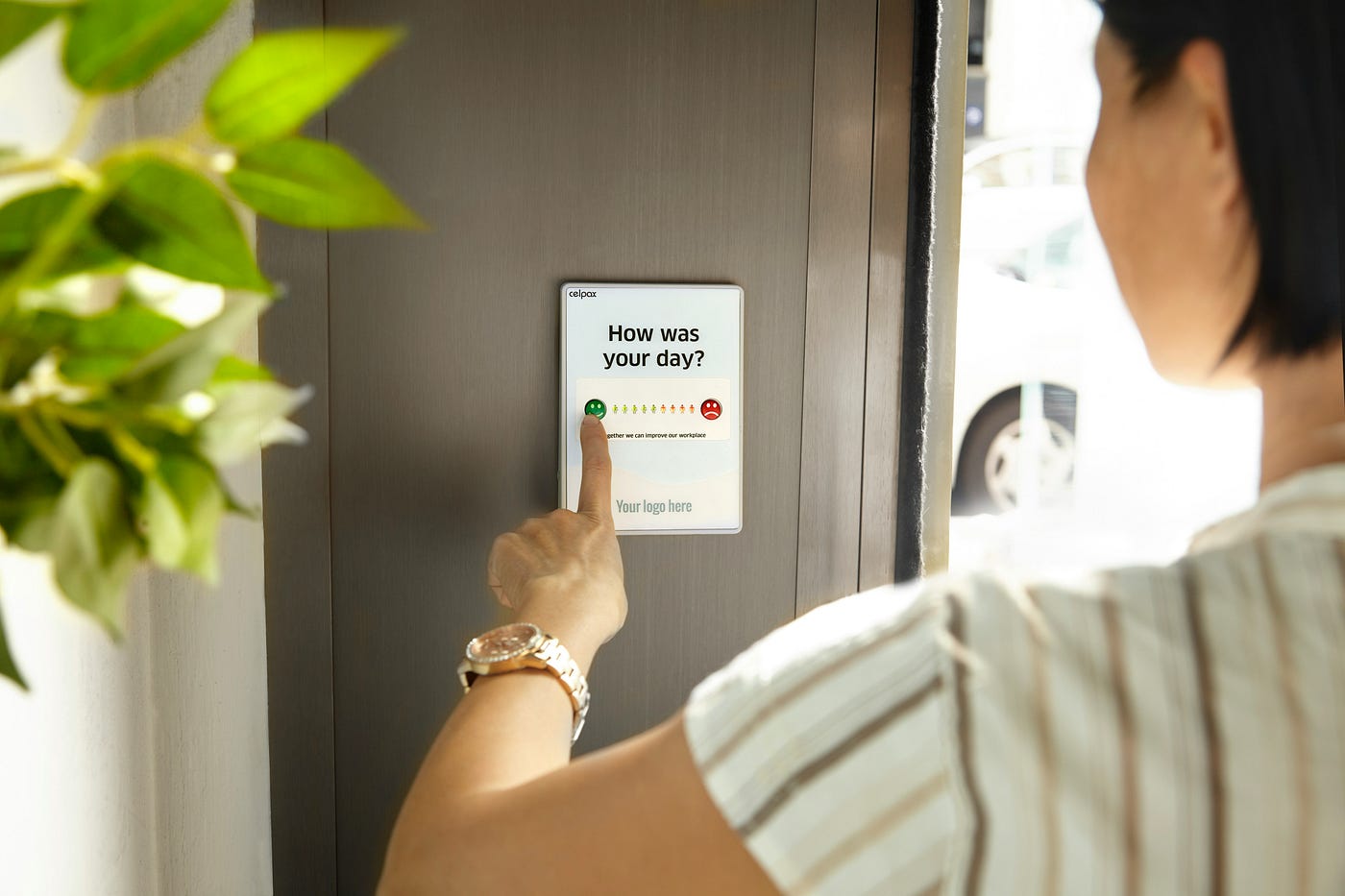One of the fundamental shifts happening in healthcare is more philosophical than technical. We are moving away from focusing solely on measurements and procedures, toward something once considered to be too subjective: your point of view. Healthcare is no longer just asking, “Okay, what’s the diagnosis?” Instead, it’s learning to ask, “But how did you feel?”.

Why Your Lived Reality Counts
Historically, healthcare really leaned on the measurable stuff like lab results, scans, how often someone ended up back in hospital, etc. And yes, that clinical data is absolutely still vital. But while your doctor is the expert on the disease and the medicine, you are the expert on your own body and your lived experience. Healthcare needs both perspectives (the objective clinical data and the subjective reality of how you feel and function) to provide high-quality, patient-centered care that goes beyond just the numbers.
Giving Your Voice Structure
But how do we actually do that? How does healthcare systematically hear what you have to say?
Enter Patient-Reported Outcome Measures (PROMs) and Patient-Reported Experience Measures (PREMs), sometimes lumped together as patient-reported measures (PRMs). These are validated, standardised tools that are specifically designed to collect information directly from you. Crucially, they get this information without a clinician or anyone else getting in the way and interpreting what you say. They’re a formal way for your personal experience to feed back into the healthcare system and make things better.

PROMs: Your Health Status, In Your Own Words
PROMs ask about your health and how you’re feeling from your perspective. Things like your symptoms, how well you can do everyday physical things, your emotional state, and your overall quality of life.
PROMs paint a picture of how you truly feel and function day-to-day, which might be very different from what a doctor can see in a quick appointment. Some PROMs are pretty general and can be used across many conditions, while others are tailored to a specific disease or group of patients (e.g. kidney disease, sickle cell disease, cancer, depression etc).
PREMs: Your Experience
PREMs are a bit different from PROMs, but just as important. They zero in on what you think about the care you actually received. They ask about your experience with the process of care itself — things like how staff communicated with you, the information you were given, whether you felt listened to etc. They’re essentially measuring how well the service provider performed, seen through your eyes.

What Do These Look Like in Real Life?
When you’re asked to complete a PROM or a PREM, it’ll usually be in the form of a questionnaire or survey. This could be a paper form, something you fill out online on a computer, tablet, or phone, or maybe even a short phone call.
The questions are designed to be pretty straightforward, asking you directly about things like:
- Any symptoms you’re having (pain, tiredness, nausea, etc.).
- How your health impacts your daily activities or physical ability.
- Your emotional state (feeling anxious, down, etc.).
- Details about your appointments and interactions with staff, such as how well they communicated or whether you felt heard.

Your Feedback in Action
So, once you’ve shared your thoughts, what happens? Your responses are actually incredibly valuable and can help improve healthcare in many ways. At a personal level, for you:
- Your healthcare providers can look at your PROM answers to get a clearer picture of what’s going on with you specifically and track how you’re doing over time.
- Your input helps them personalise your treatment and support so it’s a better fit for your actual needs.
- They can help you decide what’s most important to bring up during your appointment, and they let your doctor know your concerns beforehand, leading to more focused chats.
- Your feedback supports making decisions about your health together with your care team.
- Your responses help healthcare professionals monitor how your condition is progressing and understand your experiences while you’re getting treatment.
- PREM feedback specifically helps professionals see what your experience was like during the care process, pointing out areas that could be delivered better.
Shaping Services for Everyone
When feedback from lots of patients is collected, it offers valuable insights to healthcare organisations.
- Aggregated patient feedback helps organisations see where they’re doing well and, crucially, what needs improving from the patient’s perspective.
- This information can lead to actual changes in how services are provided, which benefits not just you, but many patients down the line.
- Collected PROMs and PREMs data can help organisations compare their performance to others.

Learning Beyond the Clinic
PROMs and PREMs also play a significant role in clinical trials and health research.
- They help researchers get a handle on the actual impact of treatments and interventions in the real world, not just looking at clinical markers in a lab.
- Researchers learn how treatments affect symptoms, how well patients can function, and their overall quality of life. This is key for deciding if a treatment offers real value.
- PROMs add to the traditional measures like survival rates, sometimes even acting as valid markers themselves.
- In processes like drug approval, PROMs help regulators see if treatments are actually making a difference in patients’ lives.
- In areas like palliative care research, PROMs can measure things that are critical but not visible on a scan, like comfort, dignity, and emotional well-being.
- PREMs are used in health services research to see how well new ways of providing care actually work for the people receiving them.
The Bigger Picture
Data collected from many patients can even influence how healthcare services are planned, paid for, and evaluated at regional or national levels.
- Your experiences can feed into national public reporting systems.
- In some places, this feedback is even tied to hospital funding or systems that pay for performance. This means your voice can quite literally help decide where money is spent.
- There are even efforts to use PROMs and PREMs for international comparisons between countries.
Still More Work to Be Done
Now, it’s not all smooth sailing. Getting PROMs and PREMs implemented widely still has its difficulties. Healthcare systems can’t agree on which survey tools to use, response rates often fall below 30%, and many patients find the questionnaires confusing or inaccessible.
Why Your Experience Really, Truly Matters
Your take on your health and your journey through healthcare is priceless. When you get the chance to share it, you’re providing crucial information. This information helps tailor care for individuals, improve services for whole groups of people, and is actively shaping what patient-centred healthcare looks like in the future. This shift is definitely worth paying attention to.
Even with these hurdles, like making sure the data gets into the right systems easily, ensuring everyone can use the tools, and turning feedback into real change, it’s clear that recognising and acting on your voice is making headway.
Your experience matters. Your outcomes matter. Your voice matters.





